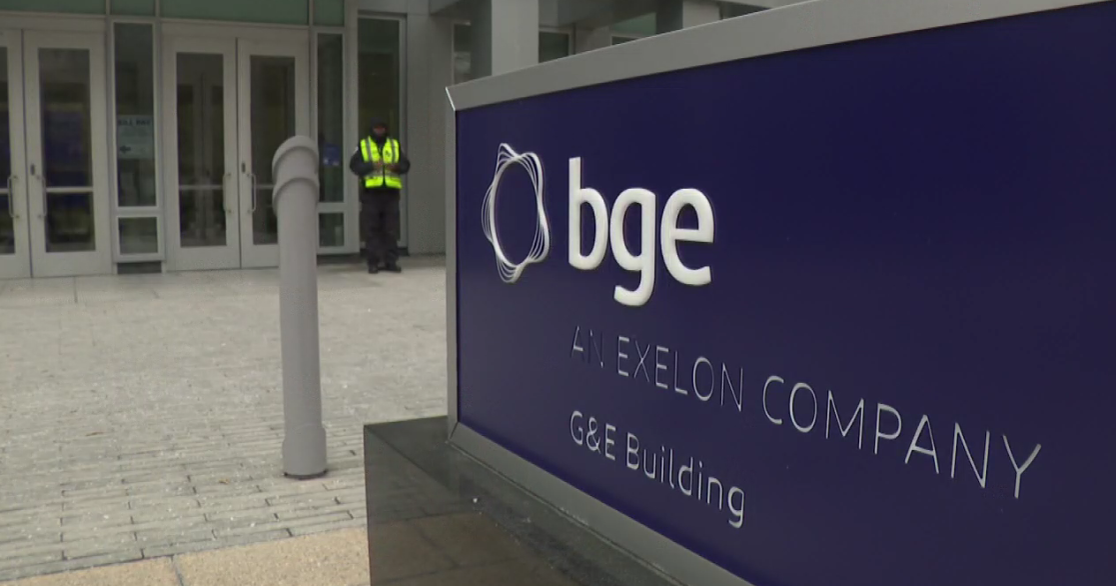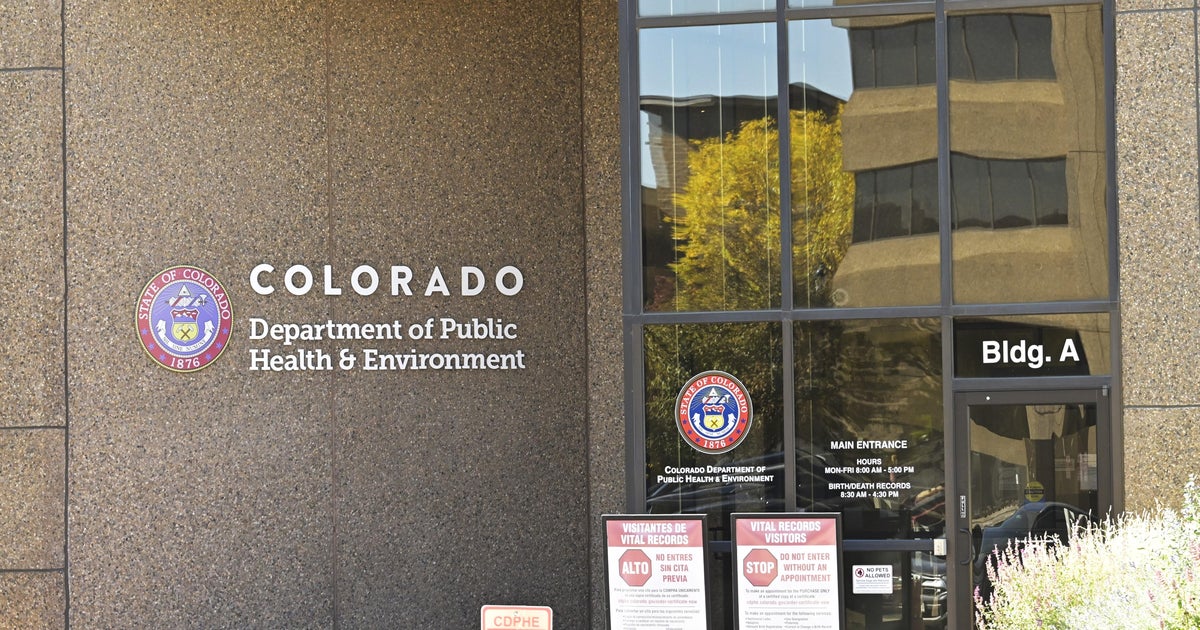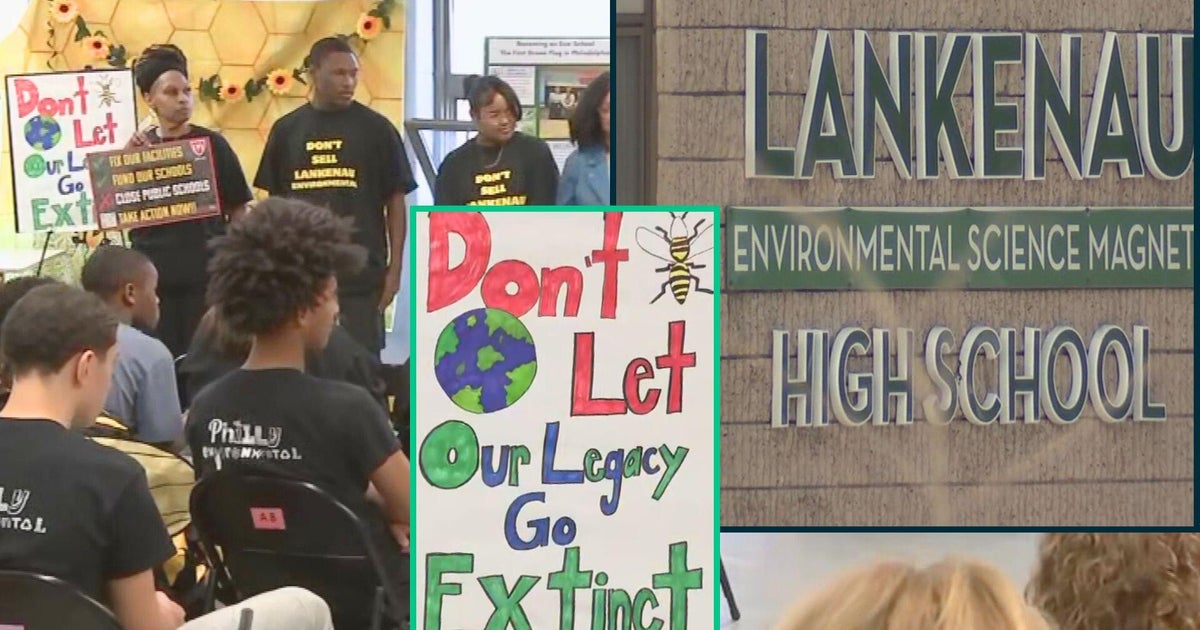New student loan "advocate" will help educate, resolve disputes for borrowers
ST. PAUL, Minn. — A new role within the state's commerce department is focused solely on providing help to student loan borrowers, as Minnesotans with debt from their higher education have started repayment after a years-long pause.
The student loan "advocate" — a position established by the legislature last session — will review and resolve complaints from Minnesotans and educate them about their protections under the law. The role is a new addition to the "Student Loan Bill of Rights" approved in 2021, which, among other provisions, prohibits loan servicers from misleading borrowers and requires that they evaluate eligibility for income-driven repayment programs before putting people behind on payments in default.
The average median debt for borrowers with bachelor's degrees from Minnesota institutions was more than $24,000 in 2021, according to the most recent data available from the Office of Higher Education.
"You can have all the financial literacy in the world and if your student loan [servicer] won't call you back, it doesn't matter," said Grace Arnold, commissioner of the Minnesota Department of Commerce during a news conference on Thursday. "That's what we're there for — to help be able to take the actions that you need to do and understand what your rights are."
Minnesota joins other states with similar ombudsman positions focusing on student loans. Servicers, with some exceptions, must get a license from the commerce department and the agency is empowered to examine their work.
The new advocate will also put together an education course for borrowers, so they can learn about key terms in loan agreements, and repayment obligations and options, like income-based plans.
"The system is incredibly complex. It's very easy for students to make a mistake that will live with them for years and years and years," said Rep. Zack Stephenson, DFL-Coon Rapids, the author of the legislation. "But fortunately here in Minnesota we've passed some really strong protections for some of the worst abuses of the student loan industry."
Emma Gabbert, a graduate student at Metro State University, knows firsthand how overwhelming it is to navigate how to afford school. She has $40,000 in undergraduate loans and said the monthly payment that followed her after graduation was part of the reason she decided to pursue a master's degree, for which she did not need to borrow additional money thanks to a tuition reimbursement program through an on-campus job.
"I'm not going to lie – that was one of the draws to have my loans paused because right when I graduated in spring of 2022, I got an email saying, 'Okay, you're done. It's time to start paying,'" Gabbert said. "It was like $300 a month. I was like, I cannot pay that. That was my rent in Mankato. That was just crazy to me."
She hopes the new advocate will be a resource for people to make the best decision when financing their schooling, so they won't be saddled with student debt forever. Her 62-year-old mother, she said, is still paying off her student loans.
"I think that that's something that the advocate can address and acknowledge–please take out only loans that you need to live. Do not max out just because you can have that money at that time because you will have to pay it back," Gabbert said.








